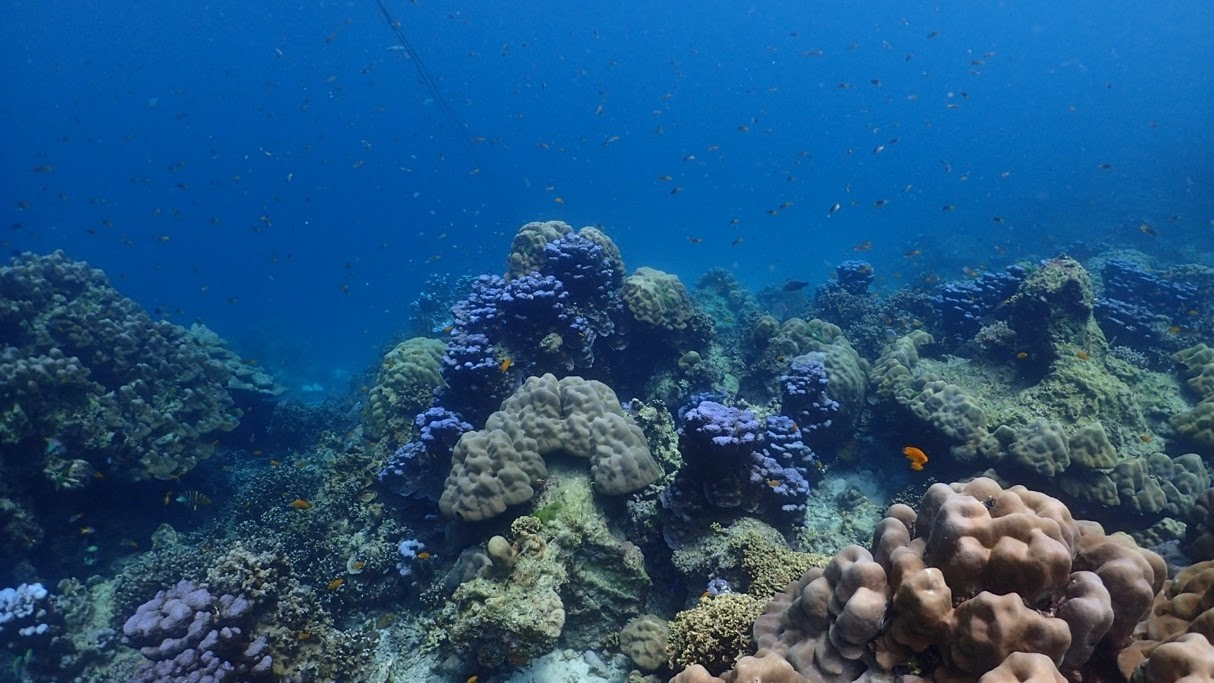
Over-tourism intensifies coral degradation in Koh Lanta, prompting a collaborative long-term conservation strategy among authorities and hospitality stakeholders.
KOH LANTA, THAILAND – The tropical islands of the Andaman Sea in Southern Thailand are among the most enchanting environments on Earth; breathtakingly beautiful and dazzlingly diverse. Unfortunately, these once-pristine ecosystems are under threat. The impact of climate change and over-tourism has already had a significant impact on the region’s coral reefs, which could continue to degrade in the future if action is not taken.
Fortunately, help is at hand. The authorities in Mu Ko Lanta National Park are leading a long-term project to monitor the health of the area’s coral reefs, with advice and expertise provided by Anuar Abdullah, a leading coral scientist and the founder of Ocean Quest Global, and funding, boats and equipment supplied by Pimalai Resort & Spa, the natural five-star sanctuary, and Lanta Diver, the PADI-certified scuba diving center.
Khun Anuar started working with Pimalai in 2016, including the creation of coral nurseries and training sessions for local dive centers in Koh Lanta. His mission, he says, is to “protect the coral reefs, anticipate potential threats, and, if necessary, rehabilitate them.” The project in Koh Haa – a breathtaking collection of limestone islets enclosing an aquamarine lagoon – is well underway and the excellent news is that the coral reef appears healthy. While Koh Haa is not immune to threats, there is no immediate need for rehabilitation.
In Koh Rok – a pristine pair of islets lined with powder-soft sands and lapped by warm, shallow seas – coral degradation has been witnessed and the partners are now engaged in a constant study of the islands to prevent future threats.
Like all tropical islands and marine ecosystems, climate change is a major threat. But Khun Anuar revealed that the main challenge is not what many people expect.
“With climate change, everyone talks about the rising temperatures, but this isn’t the main problem. The bigger issue is the shift in seasons. We might have a later monsoon season or an earlier summer, and these changes have a huge impact on the reproductive cycle of the coral. Corals are living things of course. If they do not reproduce, it impacts not only on them but also on all the other species that rely on the reef, from the smallest fish to the mightiest sea eagles,” Khun Anuar revealed.
Like many parts of Southern Thailand, Mu Ko Lanta National Park implements short-term closures to help protect the environment. But Khun Anuar believes that these are too short to make a significant difference. Strategic cyclical closures are needed, he asserts, to make a real impact in one destination, while allowing visitors to experience another area.
“If you take a model such as Maya Bay [the iconic lagoon in Koh Phi Phi made famous by the movie “The Beach”] – which I worked on – this was closed for four years, which is long enough to make a difference. Of course, we must be realistic about the economic realities; Thailand depends on tourism, but it must be managed in a responsible way. With Maya Bay, local travel agents are now understanding the benefits of conservation. Whereas in the past, they sent thousands of tourists to Maya Bay, now they can only send a small number. But their revenue has actually increased because it’s become a more exclusive destination and people are willing to pay more,” he stated.
“Ever since Pimalai opened more than 20 years ago, we have strived to strike a balance between showcasing and shielding the area’s natural wonders. These ecosystems are what make Southern Thailand so desirable among the world’s travellers, so we have a duty to preserve them for future generations. By working with experts such as Khun Anuar, we – along with our partners and other stakeholders – can create a long-term action plan for the area’s conservation,” said Pimalai’s owner, Charintip Tiyaphorn.
Nestled in 100 acres of lush jungle, cascading gently down to a 900-metre-long white sandy beach, Pimalai is an eco-friendly haven of tranquility. Among a wide range of sustainable activities and experiences available at the resort are small-scale excursions that allow guests to discover the exotic attractions of Mu Ko Lanta National Park, including Koh Haa and Koh Rok. It is little wonder that Pimalai was selected to join Small Luxury Hotels of the World’s (SLH) Considerate Collection, an exclusive portfolio of highly responsible five-star hotels.
Theodore is the Co-Founder and Managing Editor of TravelDailyNews Media Network; his responsibilities include business development and planning for TravelDailyNews long-term opportunities.
















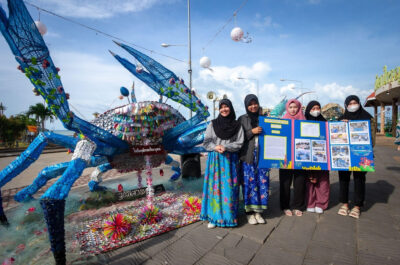








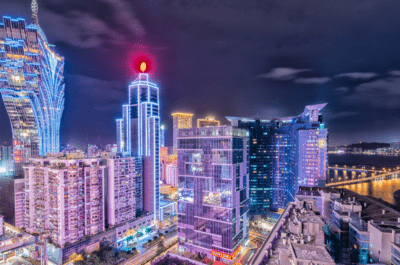
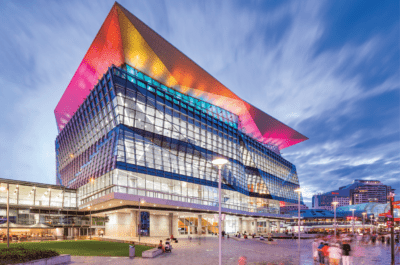

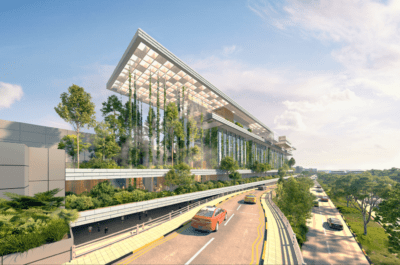




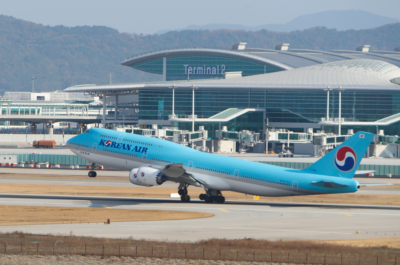















![[PR] PR_Ascott and Vimut Hospital_2024](https://www.traveldailynews.asia/wp-content/uploads/2024/04/PR-PR_Ascott-and-Vimut-Hospital_2024-400x265.jpg)


















